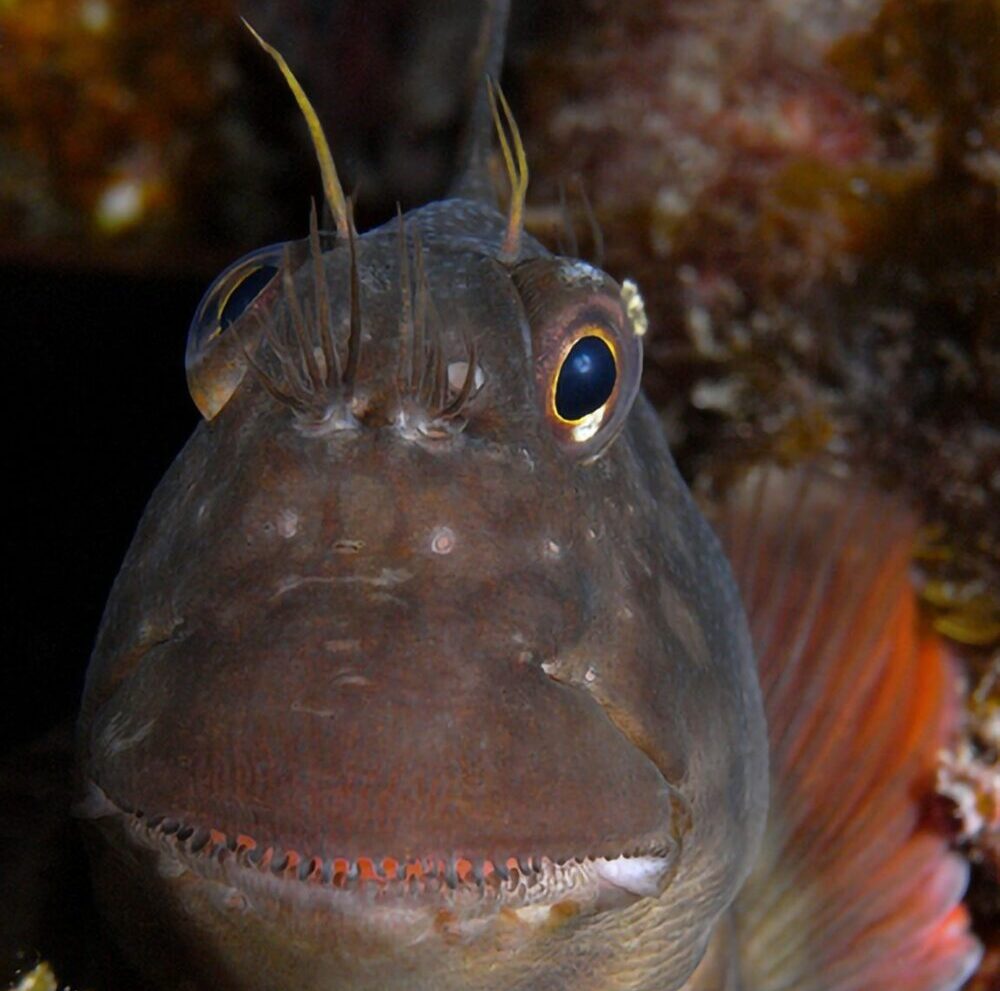Scientists have used genome reconstruction to identify a previously “invisible” fish parasite found in many marine fish species worldwide. This parasite, which is part of the apicomplexans, a critical group of clinical parasites, has been overlooked in previous studies. Its presence is widespread both geographically and among different fish species worldwide and has significant impacts on commercial fisheries and marine food chains.
An international team of scientists from the Rosenstiel School of Marine, Atmospheric and Earth Sciences of the University of Miami and the Institute of Evolutionary Biology (IBE), a joint center of the Spanish National Research Council (CSIC) and Pompeu Fabra University (UPF), has discovered a new parasite in the red-lipped belna, a tropical reef fish. This study also revealed the global distribution of this parasite in fish populations worldwide.
In a published study Current Biologyused an innovative method to reconstruct part of the parasite’s genome based on sequencing data obtained from the host and detect its presence in other fish using genetic “barcodes” (DNA barcoding).
An “invisible” parasite has been discovered
Despite being found in fish worldwide, the parasite has not been fully identified until now. Genomic data from the study suggests that the parasite belongs to a previously unidentified group of organisms called ichthyocolids, which is Latin for “fish-dwelling.”
“Despite having been previously identified using microscopy, until now we had not been able to separate the genomic signal from the host fish and the parasite. For the first time, we were able to identify them using their DNA and assign them to a well-known group of apicomplexan parasites,” said Javier del Campo, study leader and Principal Investigator of Microbial Ecology and Evolution in the IBE group and at the Rosenstiel School in Miami.
The parasite is present in fish all over the world
In addition to identifying an entirely new Apicomplexan group, reconstructing the genome allowed the researchers to identify a set of genes that could be used to detect the presence of this organism in other samples of the genome or microbiome, as if it were a “barcode.” “.
“When we found ichthyocollites in the redlip, a tropical fish, we wondered whether they might be part of the microbiota of other fish,” says Anthony Bonacolta, a PhD in marine biology and ecology at the Rosenstiel School and first author of this book. study.
The team compared the DNA of these apicomplexans with publicly available microbiome databases of hundreds of freshwater and marine fish species. The results showed that these parasites were associated with most marine fish species analyzed and were present in all oceans. As such, it will be one of the most common parasites among marine fish, with potential impacts on commercial fisheries and food webs in the oceans.
“Future research may help us better understand the impact of parasites such as ichthyocollites that dominate marine ecosystems,” Del Campo says.
A new member of the apicomplexan parasites
Ichthyocolids belong to the Apicomplexa, a large group of parasites that includes those that cause malaria and toxoplasmosis. Although these parasites do not pose a direct risk to human health, they are important to study for the health of ocean ecosystems and to learn more about the evolution of these human parasites.
The discovery of ichthyocolloids adds further context to this evolution. For the first time, they have been placed as a sister group to corallicolids, well-known coral inhabitants that have also recently been described as apicomplexans.
“Studying ichthyocolids not only provides more information about the evolution of the host parasites, but also reveals other key features of apicomplexans that may be clinically important. They may use similar infection mechanisms (as they are also blood parasites) or have similar biology that could inform our understanding of other apicomplexans,” Bonacolta said.
Source: Port Altele
